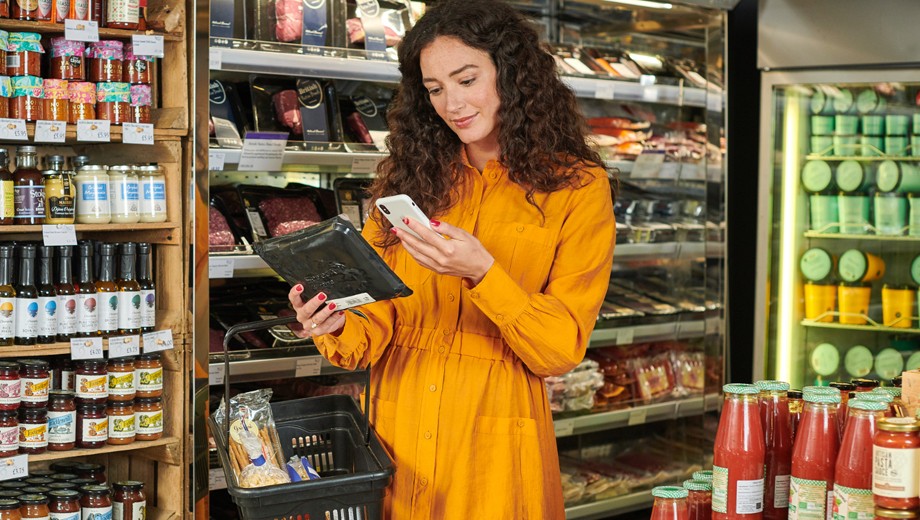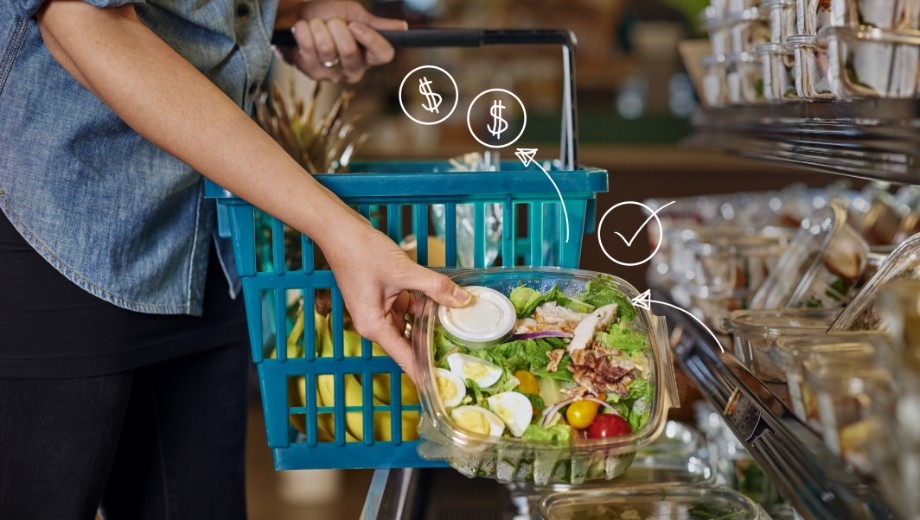By David Grenham, MishiPay
With the recent developments on the COVID-19 outbreak, we’re constantly being reminded to keep safe and adjust our behaviors during these unprecedented times. We’ve seen major retailers shut their doors as a precaution for their staff and shoppers’ safety. Stores that stock the essentials are remaining open, whilst implementing drastic measures to keep the public safe. These measures, whilst having everyone’s safety in mind, do present their own challenges. Social distancing has become the new normal and while we are advised to limit face-to-face interactions, weekly tasks such as essential shopping can still be a hotbed for the spread of the disease. David Grenham, marketing vice president at MishiPay, shares his perspective on key technologies that could help retailers tackle rising hygiene concerns now and in the post COVID-19 future.
Queues have been a problem for as long as modern retail has existed, but many retailers have seen a large increase due to the COVID-19 outbreak as shoppers flock to their nearest stores to stock up on essentials. Lines that are stretching further than usual have populated the news from day one of the lockdown. Although some measures have been lifted in countries like Germany and Italy, queueing remains a big issue worldwide and will likely influence the way we shop even beyond the COVID-19 crisis.




